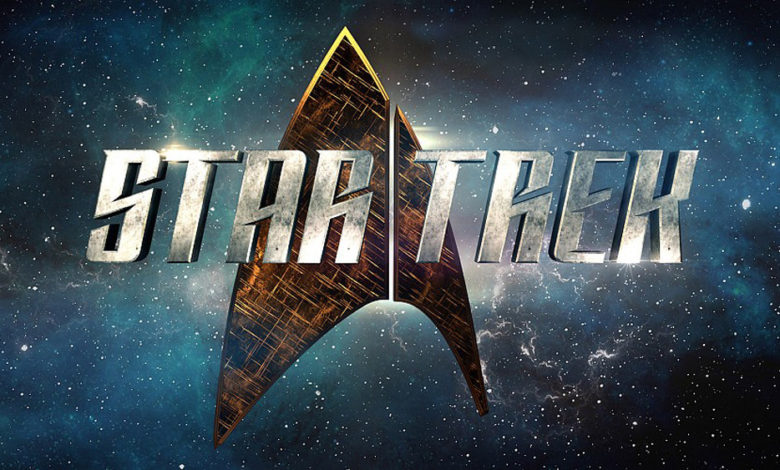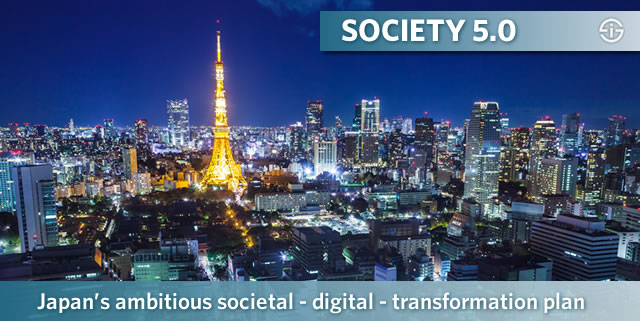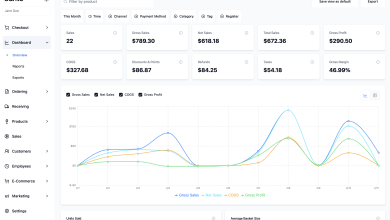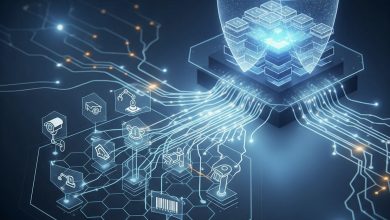
Other than to shamelessly lure you in with references to pop culture, there is a good reason for having a Star Trek image attached to this post. Star Trek had a fascinating view of the future and its society made possible by the technological advancements of the time. Some of those views are relevant to the future of AI which we will be looking at in this article.
Whilst I don’t confess to being a Star Trek fan, working for an AI company means I’m surrounded by people that are.
I recall a conversation with an old colleague of mine about AI and what the future could look like. I shared my positive views of a future influenced by AI where we are freed up from unwanted jobs and no longer need to work through necessity. Unwanted jobs are automated and we are freed up to relax or pursue the creative activities we wish to.
In business-speak I pitched this as the idea that AI if used correctly can help take us up Maslow’s hierarchy of needs, where everyone’s basic needs are met and we are free to target social belonging, esteem, and self-actualisation whether this is through work or other channels.
My colleague commented that this was the case in Star Trek. That the show is based in a time of post-scarcity society, where technology means almost every want of humans can be produced without the need for capital or labor.
Is this utopian future of AI feasible?
From a technology perspective, I believe this is feasible. Not now, but sometimes much further in the future.
My best guess is that this would come with technological singularity where artificial superintelligence will abruptly trigger exponential growth and advancements in technology due to self-learning.
IF this occurs then when do we expect it to happen?
There are multiple estimates with most including Ray Kurzweils prediction ranging between 2040 – 2050. Personally, I believe we will see this at a much later date, if at all.
The other factor to consider when questioning the feasibility of Star Trek’s utopian future is that of societies, governments and enterprises and their willingness to use AI for the greater good of the masses instead of a commercial vehicle that benefits only the minority of people.
There are businesses today that are helping with the use of AI for good causes. Omdena is an example, where they detect wildfires with AI helping keep populations of high risk areas safer and enabling cheaper costs by tackling a problem with a rapid response.
Whilst in theory a post-scarcity world where AI deems capital and labour unnecessary is feasible, it still feels better suited to the world of science-fiction. The possibilities will become clearer as AI develops over the coming years moving from its current infant state to a more mature state.
Will we use AI to better the world?
A YouGov survey back in 2015 suggested that fewer than 10% of 18,235 adults across the western world thought the world was getting better, and yet factors show otherwise. A study by Max Roser shows that on virtually all key dimensions of wellbeing – poverty, literacy, health, freedom, and education – the world has consistently been making positive progress over the last two centuries.
We’re certainly heading in the right direction and I do not expect the application of new tools such as AI to reverse this trend, quite the opposite, I expect they will accelerate this trend.
There are already signs that some are outlining their master plan for AI adoption to better their society. Although this is great, it can have effects further down the line and that’s why it’s important people and businesses always consider the ethics and risks of AI.
Japan’s Society 5.0 and their future of AI
The Japanese government under the leadership of Prime Minister Shinzo Abe has initiated a bold and visionary program of public/private partnership called Society 5.0, Japan’s vision for the next step in human evolution.

The practical goal of Society 5.0 is to achieve sustainable growth that will benefit Japanese citizens with a better standard of living and greater prosperity. AI and digital technologies are one of the core building blocks necessary for achieving this goal.
Societal benefits are not just a goal of Society 5.0 but incorporated into its foundations is the belief that for businesses and enterprises to be successful they need to align with society and its betterment.
Making it happen
The Japanese plan for Society 5.0 gives us an exciting view of how technology can affect our lives for the better.
What we need to make sure of, as a society, is that we don’t become irrelevant in the face of technology.
In the long run, we won’t be as we will find new areas where we will excel above machines. But in the short term, whole portions of the population are in danger of being caught unprepared by those changes.
It happened before, with each industrial revolution.
We need to figure out now what we should do to help people find relevance, prosperity, and meaning during the changes, rather than loss and despair.
Achieving this and getting behind the philosophy that AI will be used for the betterment of society seems like a necessity in achieving this ideological future.
Even if the Star Trek utopian future is out of reach, I have faith that this societal approach will get us closer to this future outlook than any other, and even if we don’t make it all the way, we will still be living in a far better place aided by AI.
What do you think about the future of AI?
What do you think the future of AI has in store for us? Do you think AI will improve our lives or maybe you think there are elements we really need to be looking out for when applying this technology to solutions? I’d love to know what you think.
You can let me know by leaving a comment or reaching out to me on LinkedIn.





